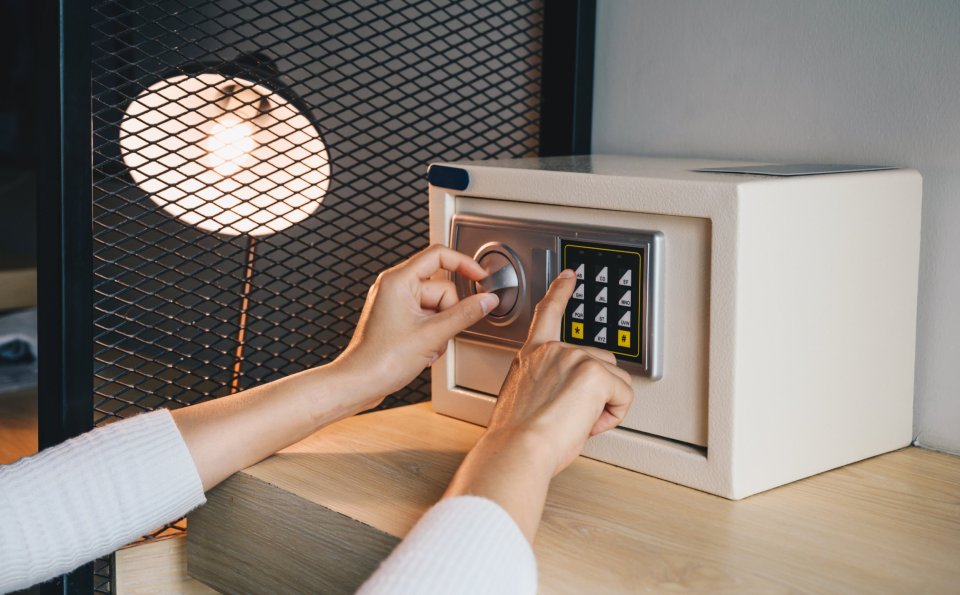Medicaid Cuts Lead to Uninsurance for 25% of Affected Adults, Finds Survey
According to a survey released Friday, nearly a quarter of adults who disenrolled from Medicaid in the last year say they are now uninsured. The survey details how tens of millions of Americans struggled to maintain coverage in the government insurance program for low-income people after pandemic-era protections expired last spring.
The first nationwide survey of participants whose Medicaid eligibility was evaluated during the unraveling revealed that nearly half of those who lost their government coverage joined back up weeks or months later, implying that they should never have been eliminated in the first place.
While 23% reported being uninsured, an additional 28% obtained coverage through an employer, Medicare, the Affordable Care Act’s insurance marketplace, or military health care, according to the KFF study.
“Twenty-three percent is a striking number, especially when you consider how many people lost Medicaid coverage,” said Chima Ndumele, an associate professor of health policy at Yale University’s School of Public Health.
Going without insurance, even for a short amount of time, can cause patients to delay seeking care and put them at risk financially when they do.
Seven out of ten persons who were disenrolled throughout the unraveling process claim they became uninsured at least temporarily after losing their Medicaid coverage.
Adrienne Hamar, 49, of Plymouth Meeting, Pennsylvania, said she struggled to sign up for an Affordable Care Act marketplace plan this winter after the state informed her that she and her two children were no longer eligible for Medicaid. They have been enrolled since 2020. She stated the phone lines at the state’s marketplace were congested, and she couldn’t finish the procedure online.
Hamar, a home health aide, and her children were uninsured in March. However, starting April 1, they have been enrolled in a marketplace plan that, with government subsidies, costs the family $50 per month.
“I was very relieved,” she remarked. Hamar claimed her 23-year-old daughter put off obtaining a dental checkup because she wasn’t sure about their insurance coverage. According to the poll, Hamar’s challenges were not uncommon.
Of those registered in Medicaid before the unwinding, approximately 35% who attempted to renew their coverage found the process as onerous, while approximately 48% described it as stressful.
Approximately 56% of individuals disenrolled reported skipping or delaying services or medicines while attempting to renew their Medicaid coverage.
“People’s current insurance status is likely to be very much in flux, and we would expect at least some of the people who say they are currently uninsured to reenroll in Medicaid—many say they are still trying—or enroll in other coverage within a short period,” said Jennifer Tolbert, a co-author of the KFF report and the director of KFF’s State Health Reform and Data Program.
The poll did not include children, and the KFF researchers stated that their findings could not be extrapolated to assess how the Medicaid unwinding has affected the general US uninsured rate, which reached a record low of 7.7% in early 2023. Children account for over half of all Medicaid and Children’s Health Insurance Program enrollees.
The unraveling, which involves states reassessing Medicaid eligibility for millions of Americans who enrolled before or during the pandemic and dismissing individuals who no longer qualify or did not finish the renewal process, will not be completed until later this year. Enrollment in Medicaid and CHIP reached a record high of roughly 94.5 million in April of last year, three years after the federal government banned states from removing people from their coverage during the COVID-19 public health emergency.
Nationally, states have disenrolled approximately 20 million people from Medicaid in the last year, the majority of them for procedural reasons such as failing to submit needed documentation. This number is projected to rise as states have a few more months to redetermine enrollee eligibility.
Adults who had Medicaid before the start of the unraveling kept or reenrolled 83% of the time, while 8% got other insurance and 8% went without. The share of uninsured people was higher in states that did not expand Medicaid under the ACA (17%) than in states that did (6%). Forty states have extended Medicaid to cover everyone with an income below 138% of the federal poverty line, or $31,200 for a family of four this year.
According to the KFF poll, roughly one-third of disenrolled persons discovered they had been pulled from Medicaid only after seeking health care, such as visiting a doctor or a drugstore.
Indira Navas of Miami discovered that her 6-year-old son, Andres, had been disenrolled from Florida’s Medicaid program while taking him to a doctor’s appointment in March. She had arranged Andres’ appointment months in advance and is disappointed that he is still uninsured and that his therapy for anxiety and hyperactivity has been postponed.
Navas said the state couldn’t explain why her 12-year-old daughter, Camila, was still eligible for Medicaid while living in the same household as her parents.
“It doesn’t make sense that they would cover one of my children and not the other,” she told me.
Kate McEvoy, executive director of the National Association of Medicaid Directors, stated that the sheer volume of millions of people being redetermined for eligibility has overburdened some state contact centers attempting to assist enrollees.
She stated that states have explored a variety of methods to interact with enrollees, including public outreach campaigns, text messages, email, and apps. “Until the moment your coverage is at stake, it’s hard to penetrate people’s busy lives,” she went on to say.
The KFF poll, which included 1,227 persons who received Medicaid coverage in early 2023 before the unraveling began on April 1, 2023, was conducted between February 15, 2024 and March 11, 2024. The margin of sampling error was +/- 4 percentage points.











